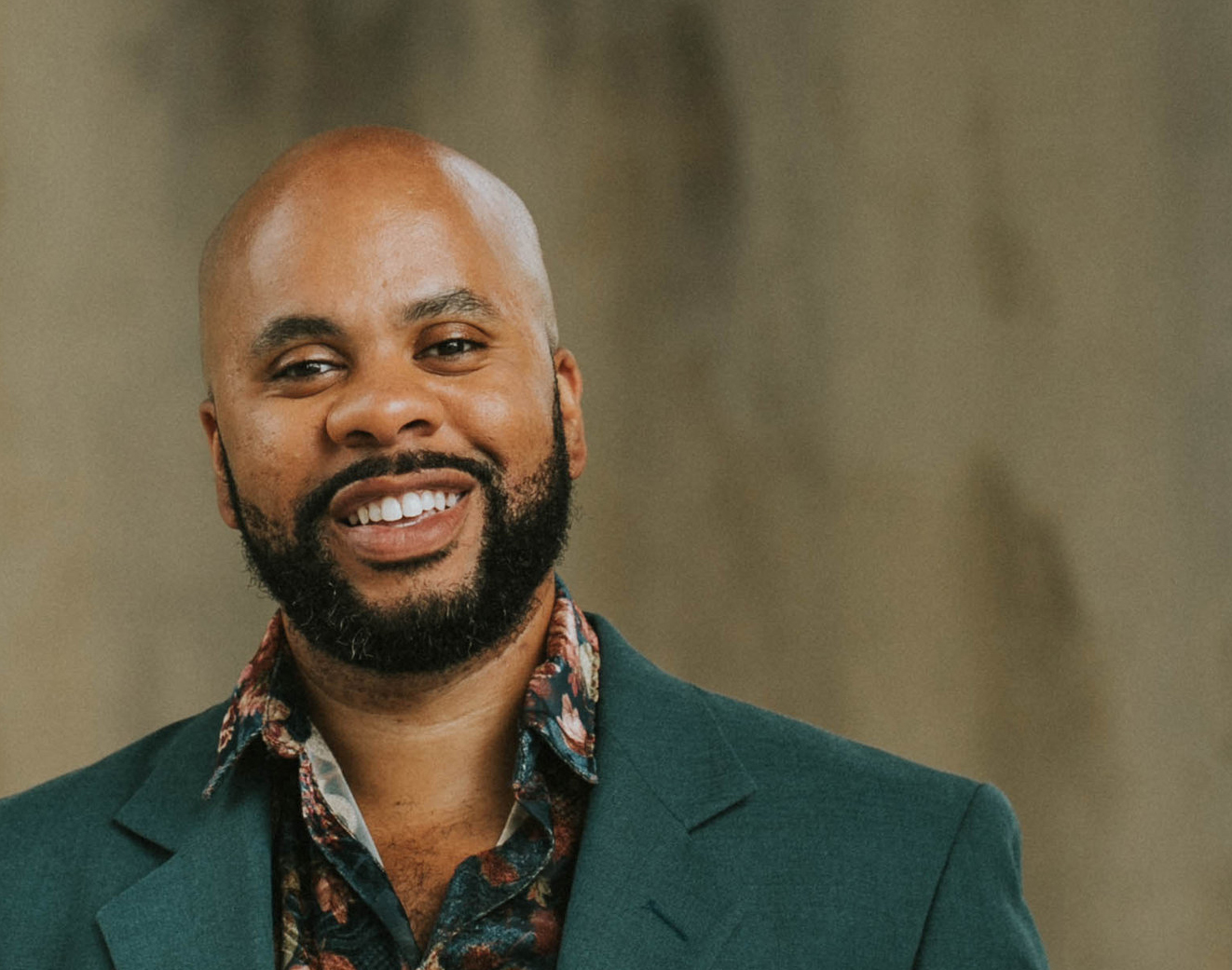Urgent Advice for Adults Over 60 Navigating Friendship Challenges
UPDATE: Adults over 60 facing loneliness and isolation are urged to explore new avenues for friendship and support. Many retirees, like those reaching out to advice columnist Eric Thomas, are discovering that traditional social circles have diminished, leaving them feeling disconnected.
In a recent letter, a retired woman shared her struggle to find companionship after retirement, highlighting a lack of social connections beyond her work life. She expressed urgent concerns after a health scare, where she needed a “responsible adult” to drive her home from surgery, but could not identify anyone in her circle.
This situation resonates with many seniors who find that socializing post-retirement poses unexpected challenges. Eric Thomas suggests that seeking out non-senior-oriented activities, such as joining a local chess club or sports league, could foster intergenerational friendships. “Many adults, regardless of age, face hurdles in maintaining social connections,” he emphasized.
Resources Available for Seniors Seeking Connection
Experts recommend exploring community resources that help tackle loneliness. Local elder services often maintain volunteer visitor programs aimed at isolated seniors. Additionally, city Commissions on Aging may provide similar initiatives, allowing seniors to connect with others in their community.
“Many city Commissions on Aging or similar also have programs like these,” noted a health and wellness coach responding to Thomas’ advice.
For those affiliated with faith communities, there are often groups dedicated to visiting and supporting individuals in need. For those outside of traditional faith settings, the American Humanist Association offers a secular chaplaincy program, providing companionship without religious ties.
Additionally, engaging a geriatric care manager could prove beneficial. These professionals, often with backgrounds in nursing or social work, help build care plans and identify local services, making it easier to navigate social connections. Though this option may involve costs, it could be a wise investment for overwhelmed families.
As more individuals recognize the importance of social networks, the call for community support grows louder. Thomas reassured readers, stating, “Navigating a loss of capacity or caring for someone with Alzheimer’s can be isolating, and it’s crucial to remember that help is available.”
For those reading this who may feel alone or disconnected, now is the time to seek out new friendships and community resources. Connecting over shared interests or engaging in volunteer work can pave the way to meaningful relationships, bringing hope and companionship to those in need.
Readers are encouraged to reach out to local organizations or participate in online communities related to their interests, as these connections can lead to local friendships. The journey of making friends, even later in life, remains possible.
For more insights and advice, follow R. Eric Thomas on Instagram or sign up for his weekly newsletter at rericthomas.com.





































































